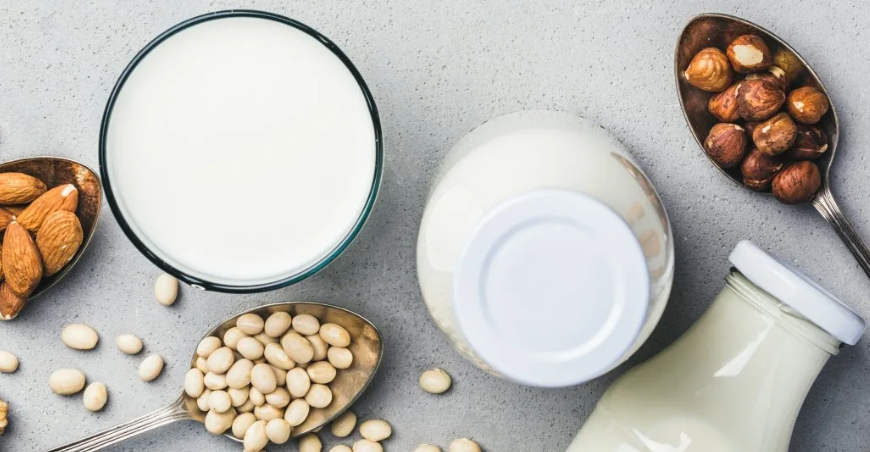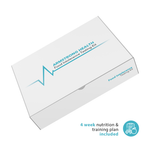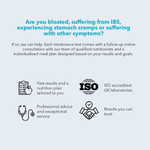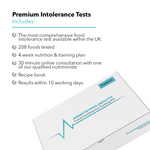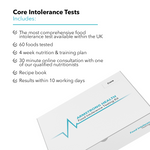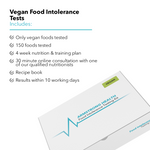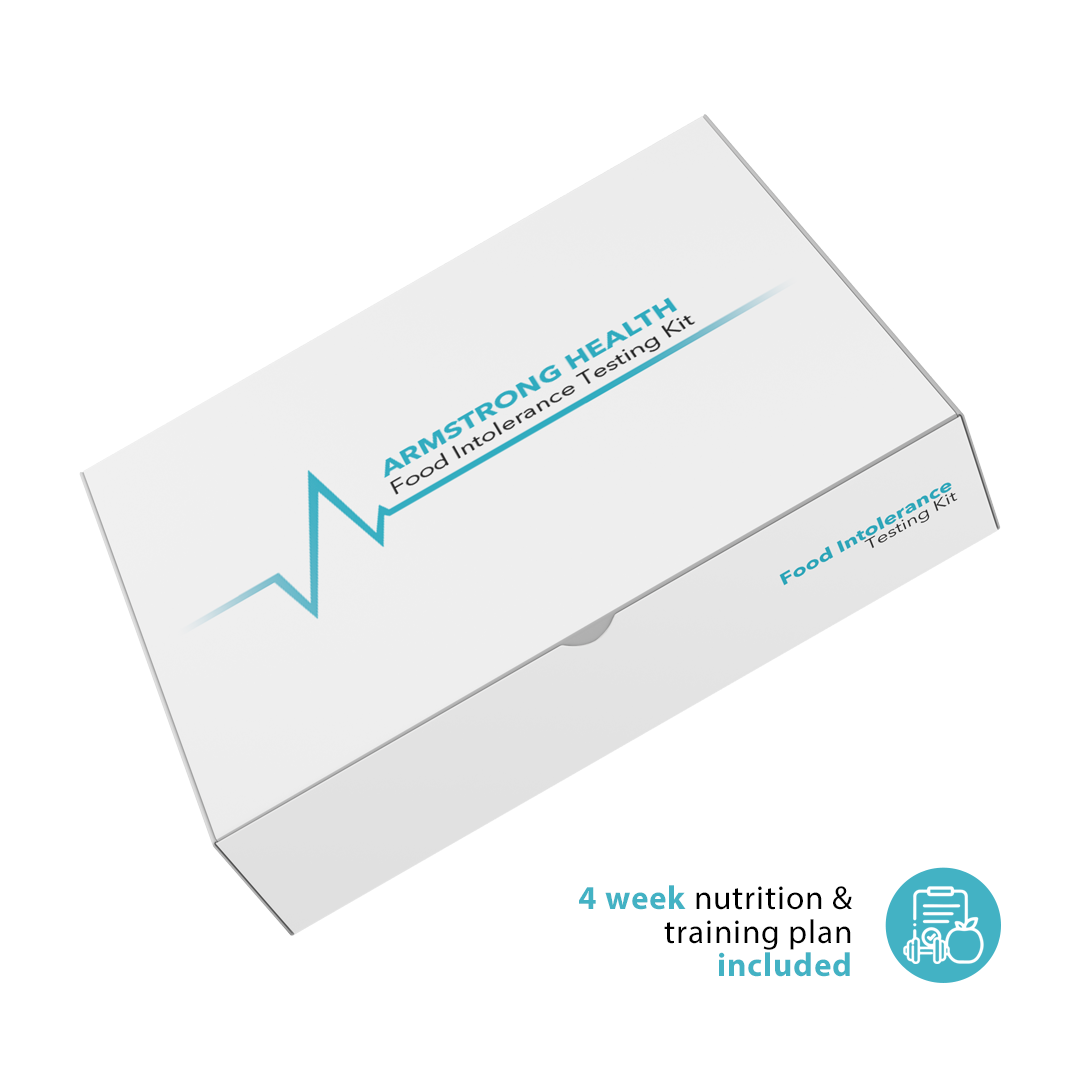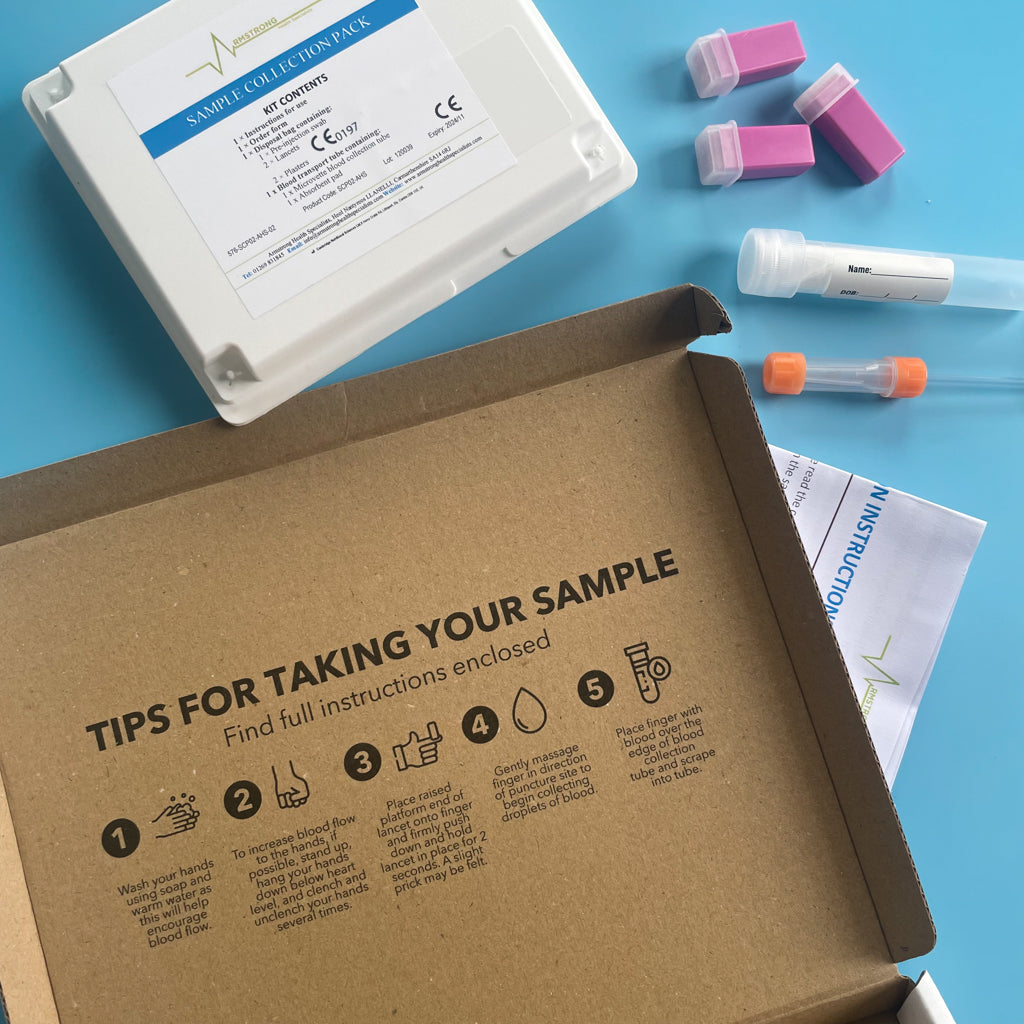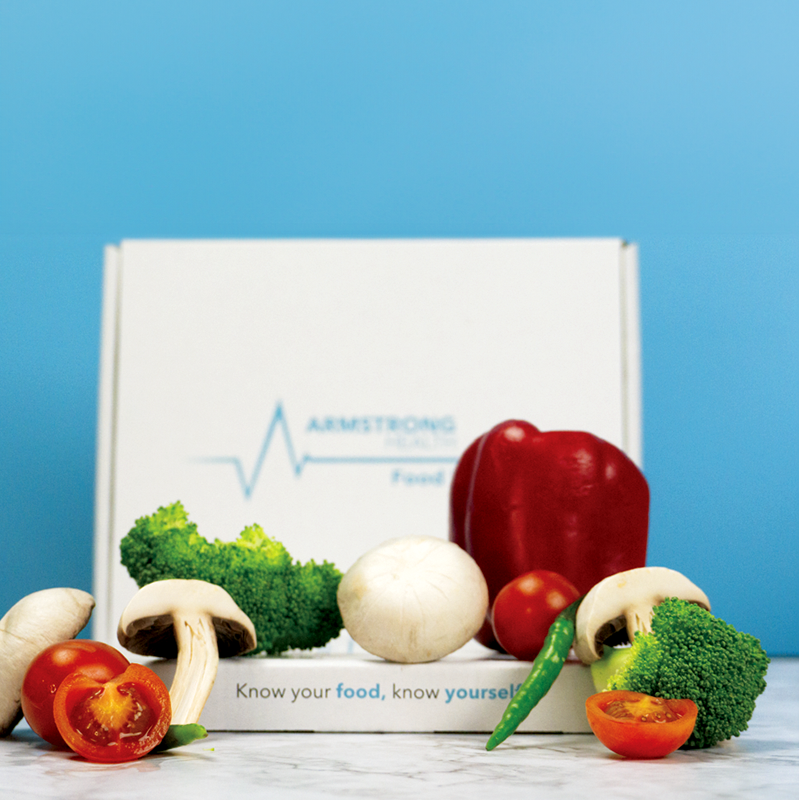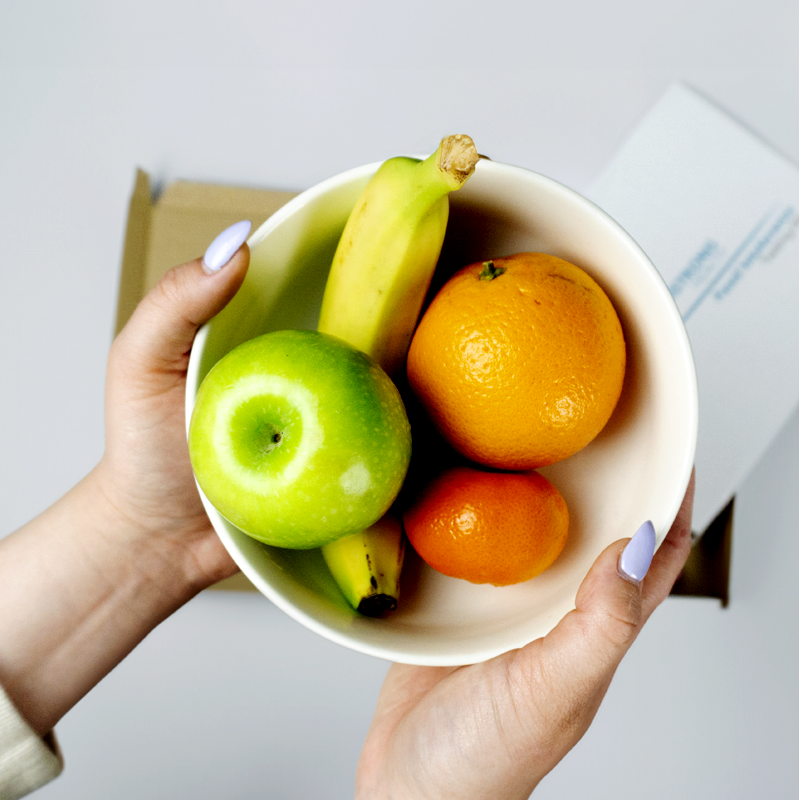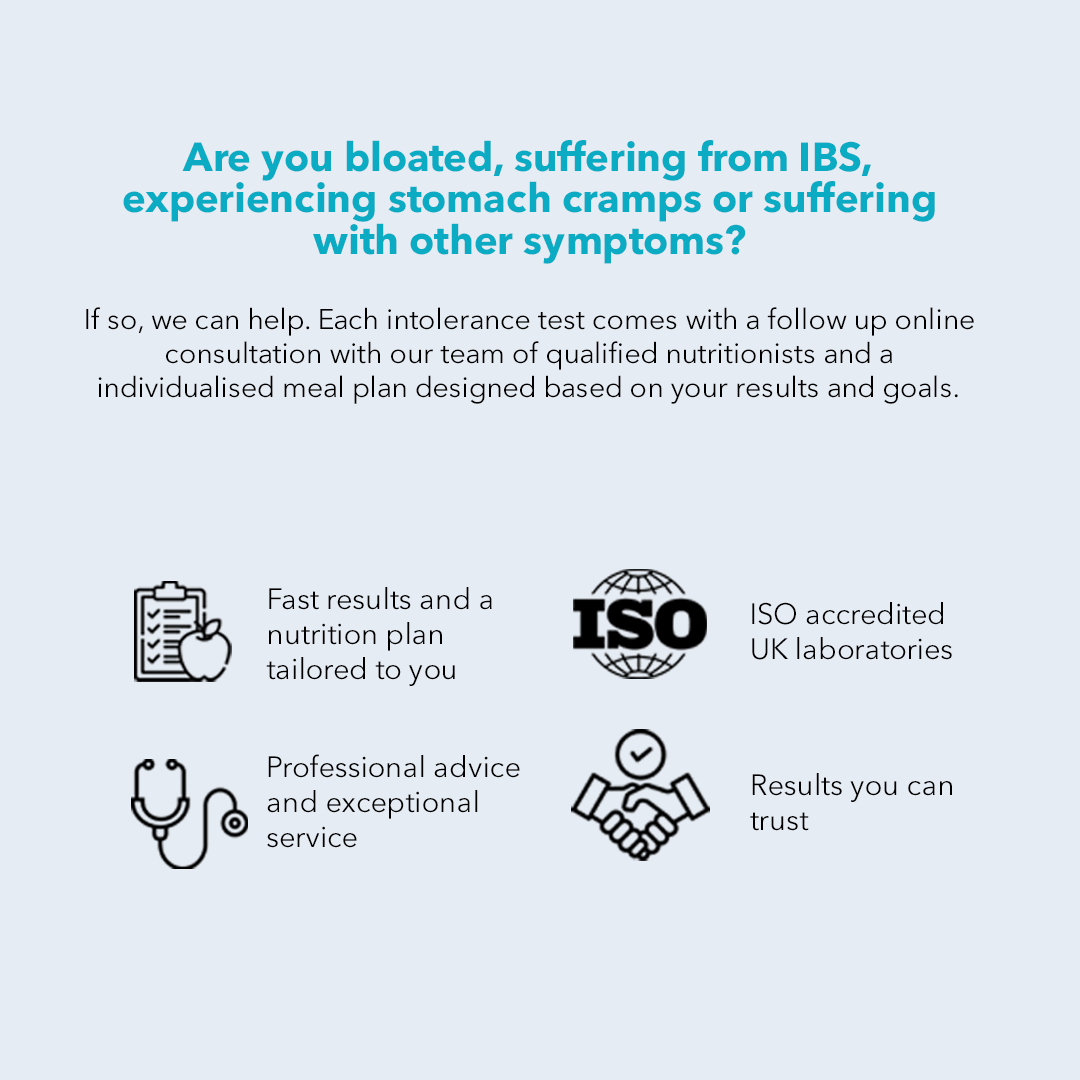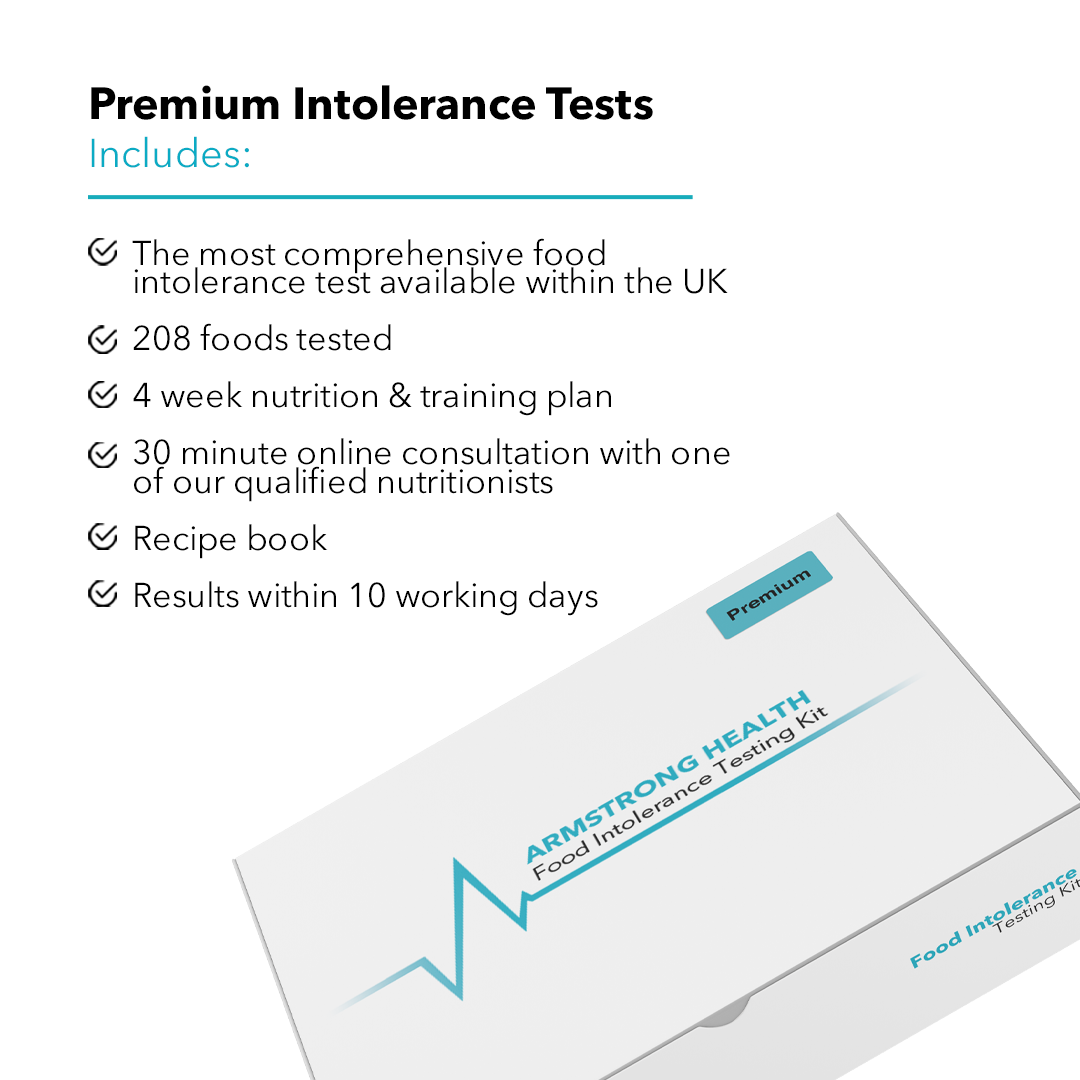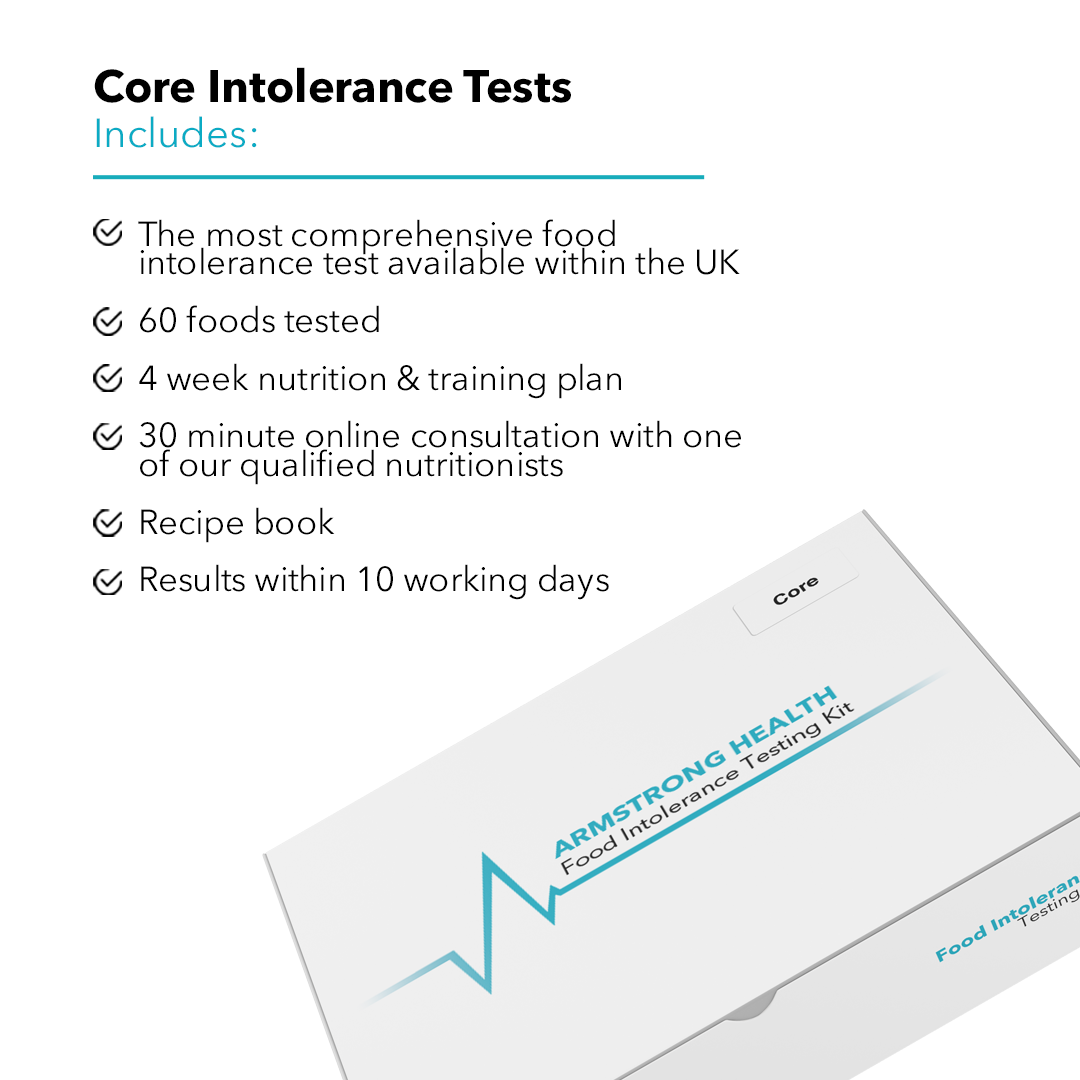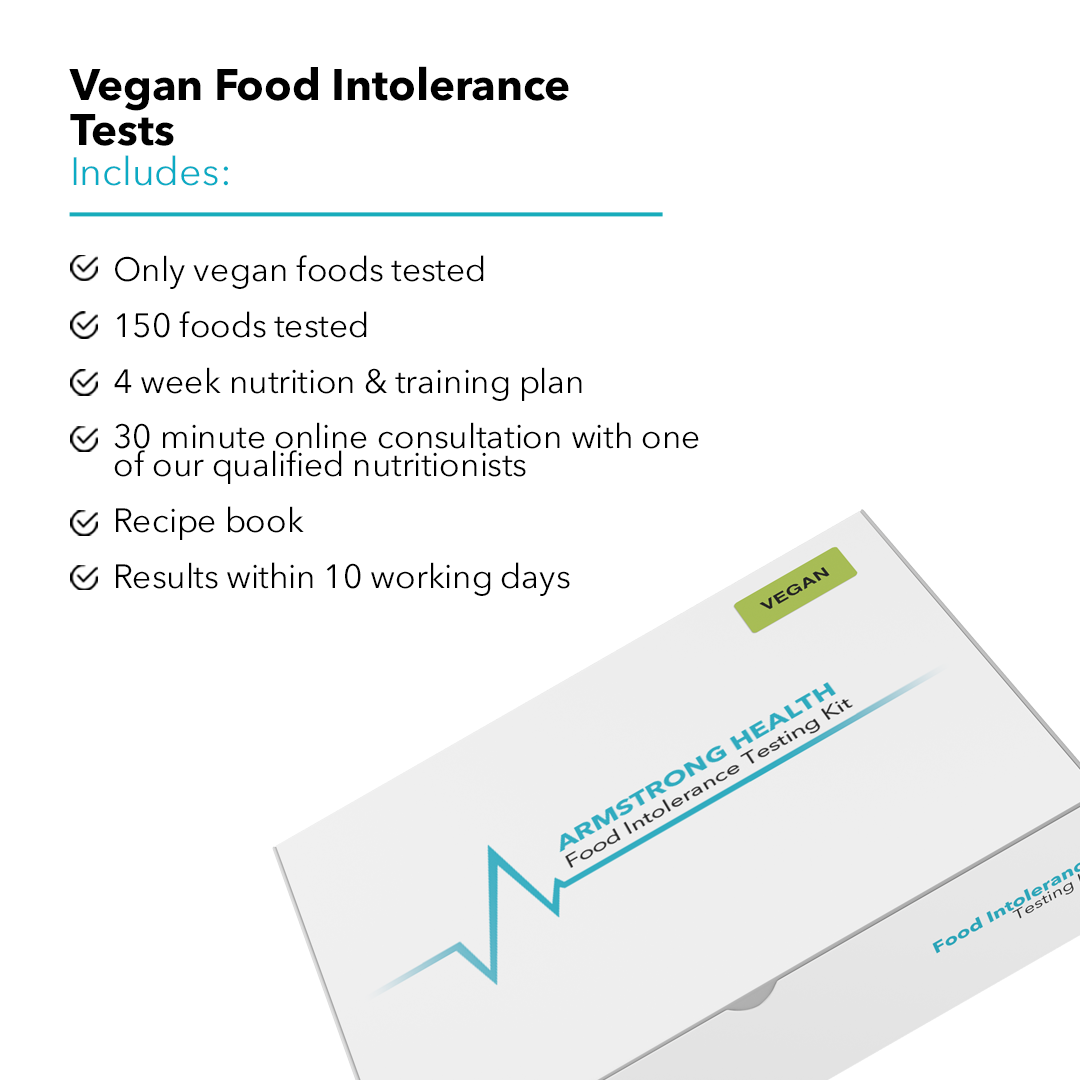How to increase your calcium levels?
Dairy products contain a lot of important nutrients, such as calcium, protein, vitamin D and vitamin B12. If you follow a dairy-free diet, it's important to know how to include these nutrients in your life. Fortunately, there are a variety of other common foods that contain all of the beneficial nutrients that we need, without wanting to reach for that glass of milk.
Calcium is one of the most abundant minerals in the human body and while we associate it with being healthy for our bones and teeth, it is also important for muscle development, blood pressure, skin health and our nervous system. Our bodies use calcium continuously, so we must replace it regularly through our diet and there are many foods that are just as high (if not higher) in calcium than dairy products. If a person does not have enough calcium from their diet, or not enough vitamin D to help absorb the calcium, then the body extracts calcium from the bones, resulting in loss of bone strength and mass. This can ultimately lead to thin, fragile bones and osteoporosis. Here are examples of dairy free calcium rich foods:
- Seeds have an astonishing amount of nutrition in them. Poppy seeds, sesame seeds and chia seeds are high in calcium. For example 1 tablespoon (9 grams) of poppy seeds pack 126 mg of calcium and 2 tablespoons, of chia seeds provide 179 mg of calcium. Adding some to your morning porridge will set you up for the day.
- Oranges contain calcium and vitamin D. However the jury is still out on weather eating a whole orange or drinking freshly squeezed orange juice provides you with the most nutrients. Some scientist believe that the body absorbs more nutrients from the juice, as more of its nutrients are unlocked due to the pulping. On the other hand, orange juice is stripped of fibre and contains a lot of sugar. The fibre found in whole fruit also helps to slow down the absorption of sugar. You can purchase 100% pure fruit juice, however these have often been heated to high temperates to kill bacteria which also kills some of the beneficial elements that may present. Most importantly some branded orange juice contain mostly sugar and synthetic nutrients. We prefer eating as natural as possible, and the whole orange always wins with us. Or if we do consume juice, we juice it ourselves and add in some vegetables.
- Almonds contain nearly 200 mg of the recommended daily dose of calcium, they also contain fibre, manganese and vitamin E. One 28g serving contains 6 grams of protein.
- Canned fish such as salmon and sardines are loaded with calcium, but this is thanks to their bones. These bones are very soft and are meant to be eaten. If the bones have been removed, the calcium content is reduced to next to nothing. Although canned fish may contain mercury, there are lower levels in smaller fish such as sardines. It is also interesting to know that both sardines and salmon have a mineral called selenium that can prevent and reverse mercury toxicity. Our advice is to stay clear of the boneless varieties and check the nutrition label for the calcium content before you buy. We always buy MSC certified fish, canned or fresh.
- Tofu is made from soybean, water and coagulant. Coagulant is made from calcium sulphate and its what makes the tofu firm. The firmer the tofu, the more calcium present. Studies have previously shown that calcium absorption from tofu is comparable to that from cow's milk. The best advice we can give you is to read the label, as the amount of calcium also varies greatly on brand.
- Dark leafy greens such as kale, swiss chard, collard greens, bok choi and broccoli are loaded with highly absorbable calcium and a host of other healthful nutrients. Broccoli contains not only calcium but it has nearly twice the vitamin C of an orange. Therefore, make sure there are always some greens on that dinner plate.
We wanted to share with you in brief some lifestyle choices that can impair the absorption of calcium. These include:
- Salt. Salt increases the amount of calcium that is excreted in the urine, so eating foods high in salt should be avoided.
- Smoking, stress and lack of exercise are all factors that contribute to the body not being able to absorb calcium as efficiently.
- Excess protein is used for energy. Whilst this is used for energy it produces sulphate. Sulphate increases the amount of calcium excreted in the urine, which decreases the amount of calcium in the body. Ultimately excess protein creates excess sulphate causing increased loss of calcium.
However, it doesn't have to be difficult. If you are following a dairy free diet and would like some guidance and support to ensure that you are having all the nutrients that you require, please contact us for an individualised nutrition plan and assessment or follow the link below:
https://www.armstronghealthspecialists.com/order-your-kit/Nutrition-&-Training-Plans-c35345717

